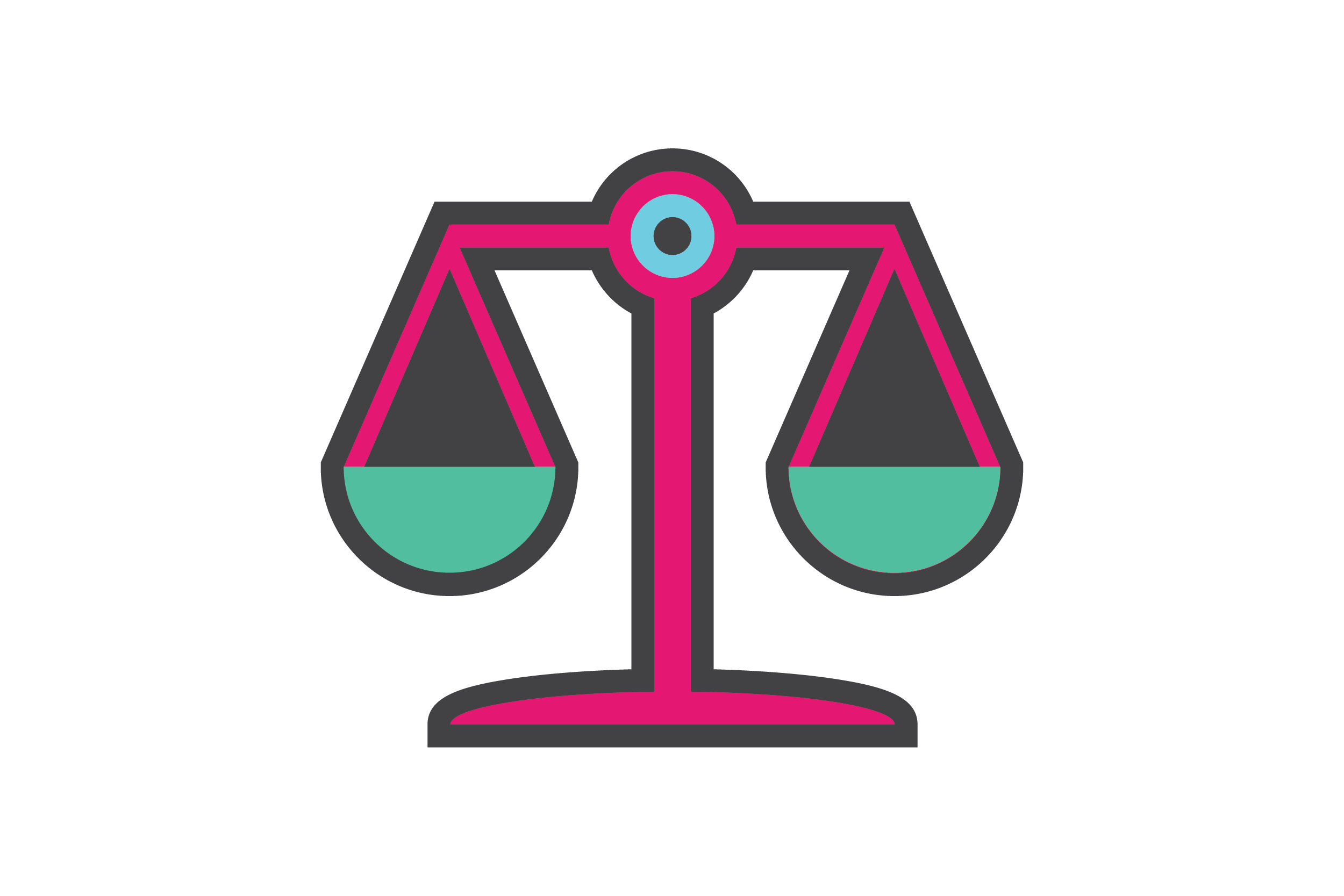Reply to Ballou and Kube – Caitlin M. P. Jones et al.
Thank you for the invitation to respond to a letter received about our article titled “Time to reflect on open-label placebos and their value for clinical practice.”Letter authors Ballou and Kube disagree with some of our criticisms of currently available research on open-label placebos (OLPs). [...]





